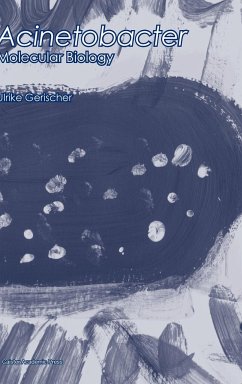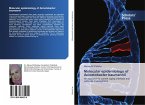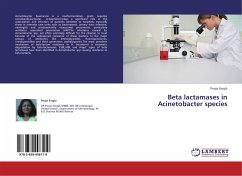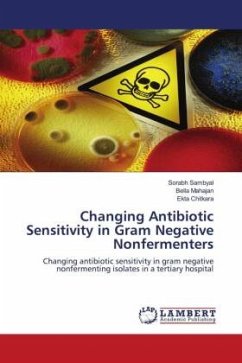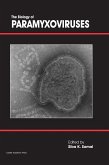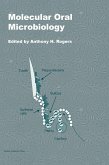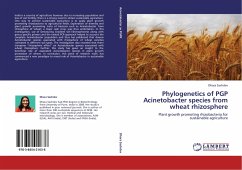The genus Acinetobacter is a group of Gram-negative, non-motile and non-fermentative bacteria belonging to the family Moraxellaceae. They are important soil organisms where they contribute to the mineralisation of, for example, aromatic compounds. Acinetobacter are able to survive on various surfaces (both moist and dry) in the hospital environment, thereby being an important source of infection in debilitated patients. These bacteria are innately resistant to many classes of antibiotics. In addition, Acinetobacter is uniquely suited to exploitation for biotechnological purposes. This concise volume reviews the most current and topical aspects of Acinetobacter genetics and molecular biology and is aimed at a readership of research scientists, graduate students and other specialists. Expert international authors have contributed chapters on diverse topics including taxonomy, lipopolysaccharides, catabolism of aromatic compounds, transformation systems, transcriptional regulation, applications in biotechnology, the molecular basis for virulence and pathogenicity, molecular epidemiology, and antibiotic resistance. This book is highly recommended for anyone involved in Acinetobacterresearch.
Hinweis: Dieser Artikel kann nur an eine deutsche Lieferadresse ausgeliefert werden.
Hinweis: Dieser Artikel kann nur an eine deutsche Lieferadresse ausgeliefert werden.

